
Couple did the impossible and restored a century-old Bangkok stilt home. Now it’s a six-bed holiday villa for families and groups
- 6-bedroom villa in 100-year-old canal-side traditional home the fruit of a 5-year transformation, and offers families and groups a different travel experience
- Philippine-born Irma Go fell in love with Bangkok’s old houses when she moved there with her Thai husband, and convinced him to undertake the project
Take a boat down any Bangkok canal and you’ll invariably see some dilapidated traditional Thai stilt homes. Most are destined for rot and decrepitude, but Irma Go and Kirati “Arti” Thepsoparn decided to do the impossible.
With no background in conservation or engineering, the couple – married sweethearts who met as students at the University of California Los Angeles (UCLA), in the United States – took on the restoration of one such property to turn it into a Bangkok villa like no other.

In 2015, while travelling on a canal boat, a “for sale” sign on a house she passed caught her attention. Go called but there was no answer. The idea of owning a stilt house stuck, though. A year later, her agent brought her another listing. She took a look and it was serendipity.
How Italian artists changed Bangkok – and Thailand’s art scene – forever
“She came back and told me, ‘You won’t believe it but it’s the same house I saw last year. It’s kismet!’” Arti recalls.
“In Thailand, land cannot be owned by foreigners, so I had to initiate the sale. She thought [the property was] really charming. I only saw floods, mosquitoes and a lot of headache.
“I had been indoctrinated to admire only ‘beautiful’ palaces, temples and Italianate colonial houses. I thought this was just a common house, and not worth preserving and treasuring.
“We both love the river, but sometimes you forget this city’s canals are very beautiful. Now, after seeing Irma’s passion, I am so happy we are playing an active role to share this beautiful community.”
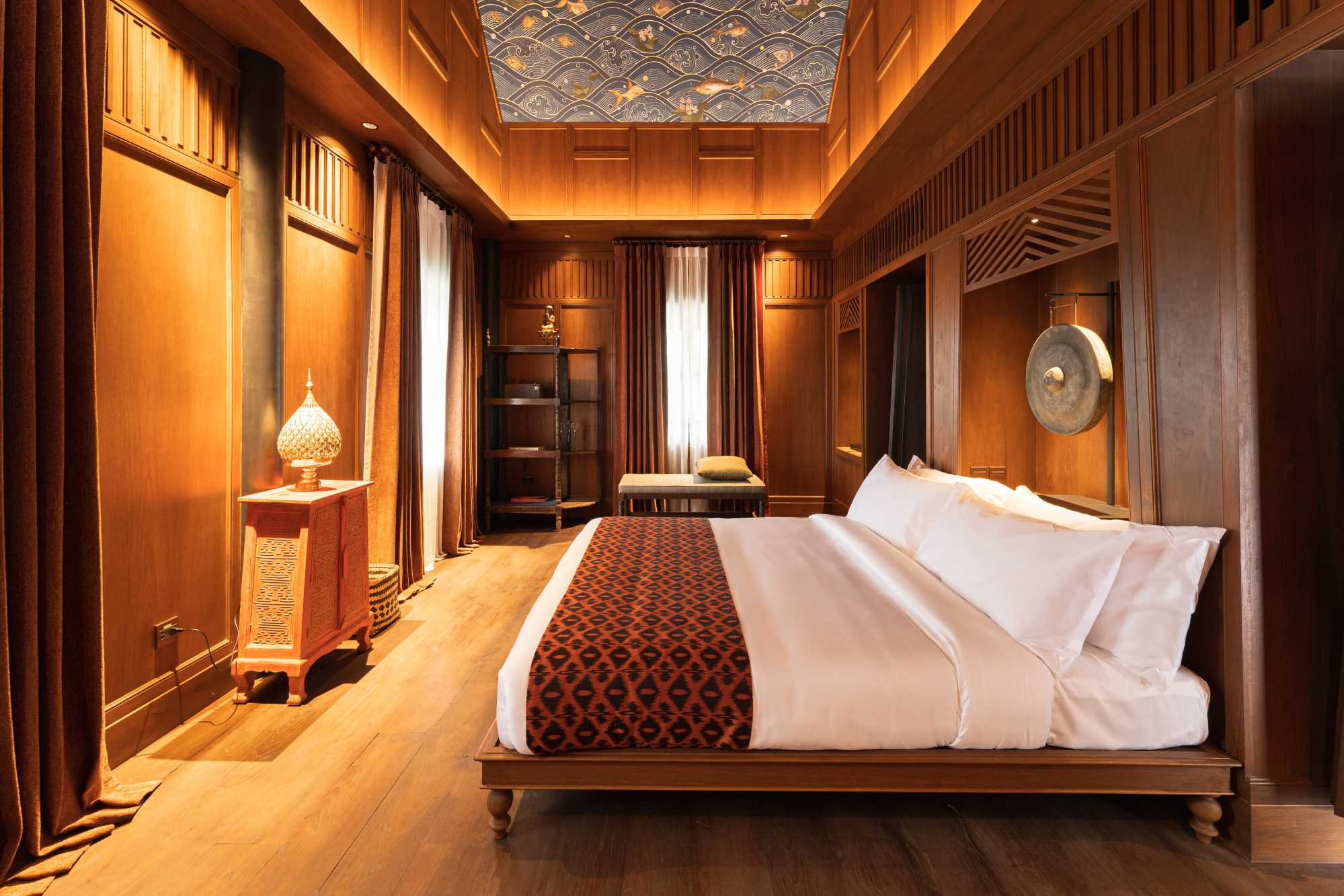
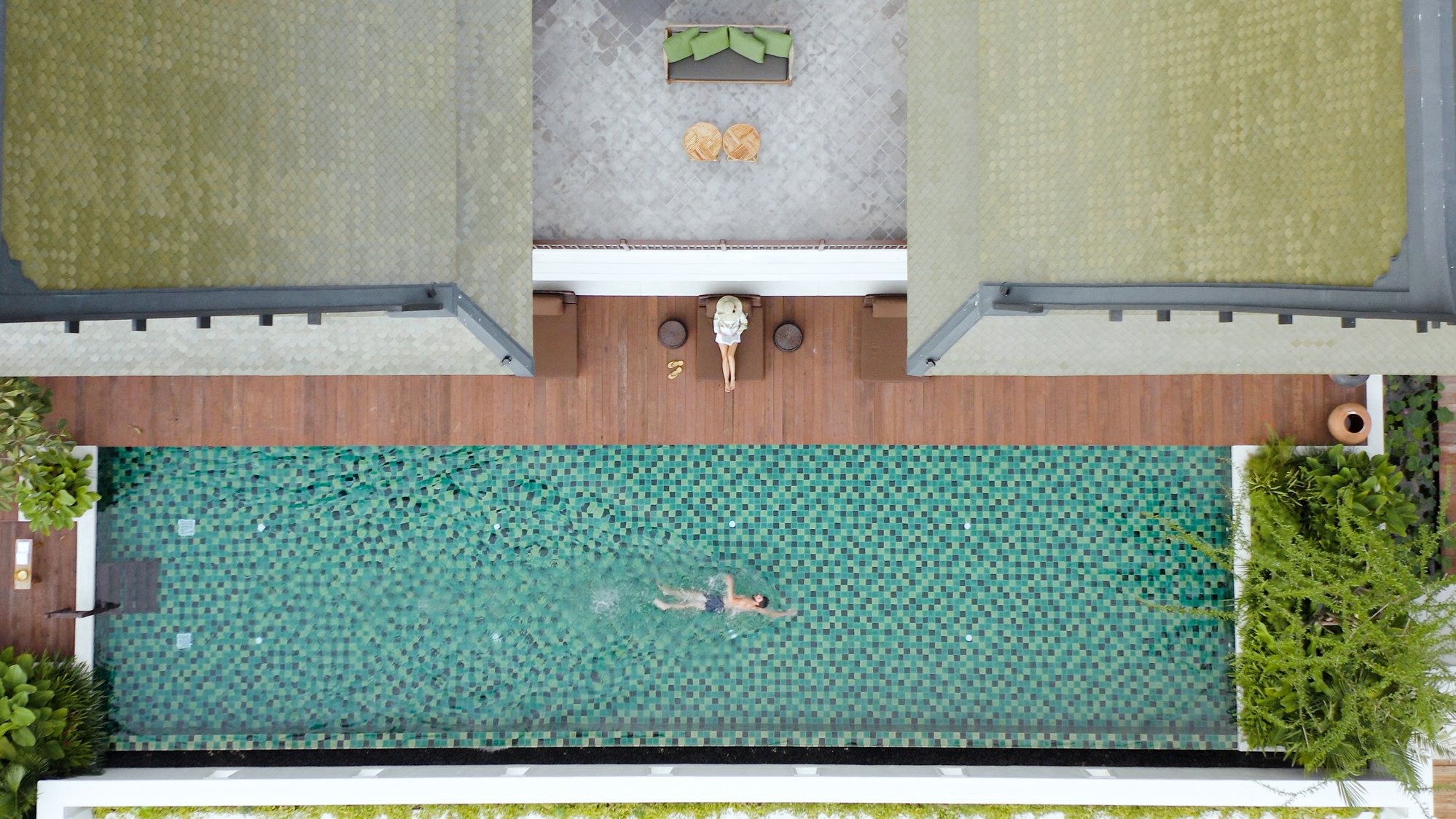
It was no ordinary fixer-upper. The house was on its last legs. The couple wanted to upcycle the original 100-year-old structure, but most engineers and designers suggested they tear it down.
“Many Thai architects had the view that I had. It’s just a commoner house. They didn’t see the possibilities,” Arti says.
“Also, the house was too damaged to just renovate. It was unsafe. It was on stilts on a shared platform, so we had to lift the whole thing up, not just fix bits and parts.
“We had to make some serious decisions. We wanted to preserve and stay as close as possible to the original, but there wasn’t a way forward. It took us a few years to figure it out.”
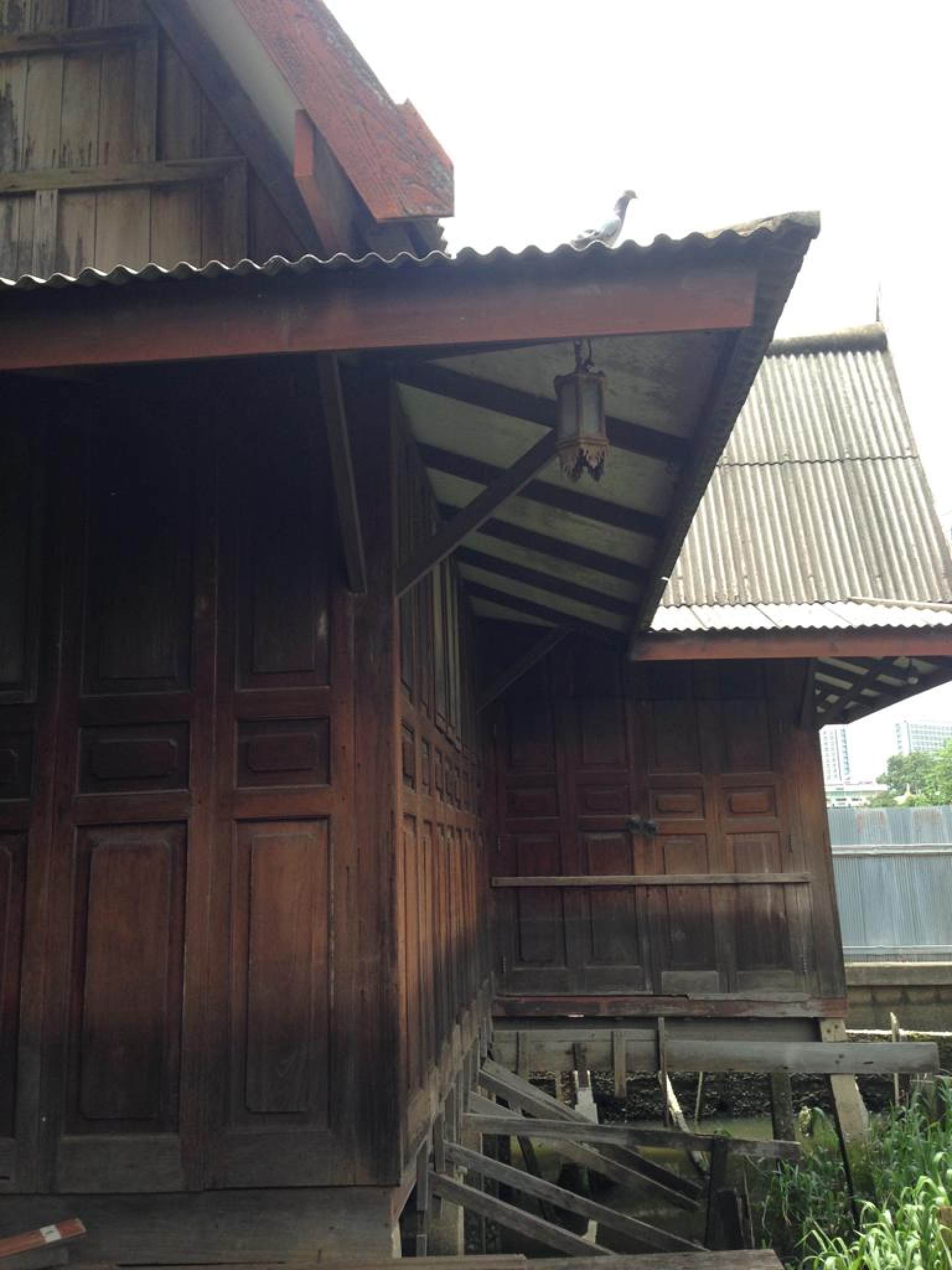
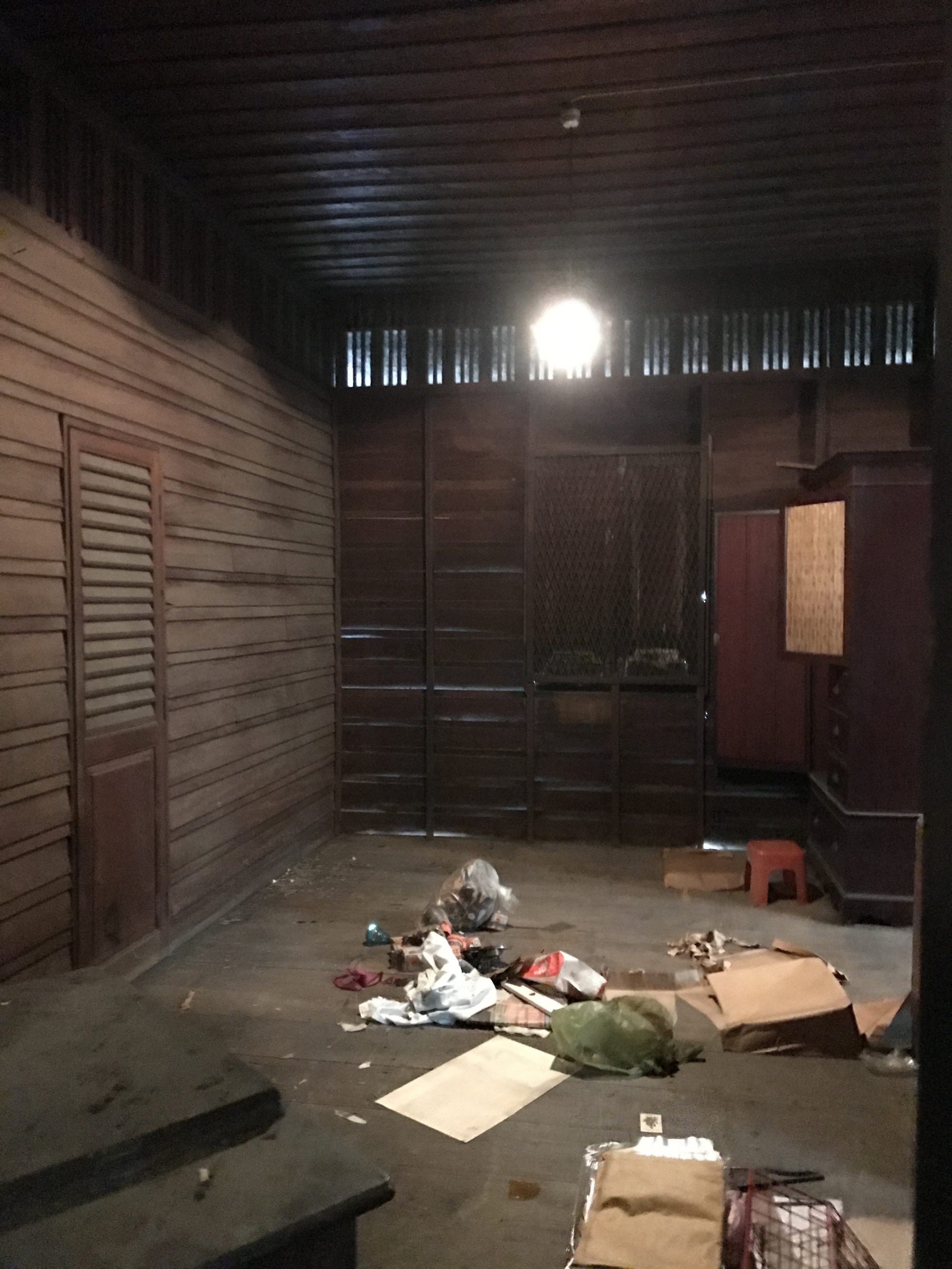
In the end, the Thai-American firm 4b Architects and designer Nicoletta Romei were able to convert the original Thai house into a contemporary villa with modern amenities.
Even though it added to the cost of the project, they reclaimed discarded doors and cabinets, and repurposed three leftover 6-metre (20ft) wooden planks to make a dining table.
Siri Sala finally opened as the coronavirus pandemic was winding down in early 2022. The name, which means “house of grace”, is also a tribute to the Sirisalee family that lived on the site for generations.

“The pandemic actually worked in our favour,” says Go, who gained prior hospitality experience managing a townhouse rented out on Airbnb. “It gave us more time. If not, there would be more pressure to finish the project quickly and be in operation.
“We were also able to recruit a service dream team from housekeeping to the kitchen. So many talented people were not actively working in hotels. And we’ve learned so much from them.”
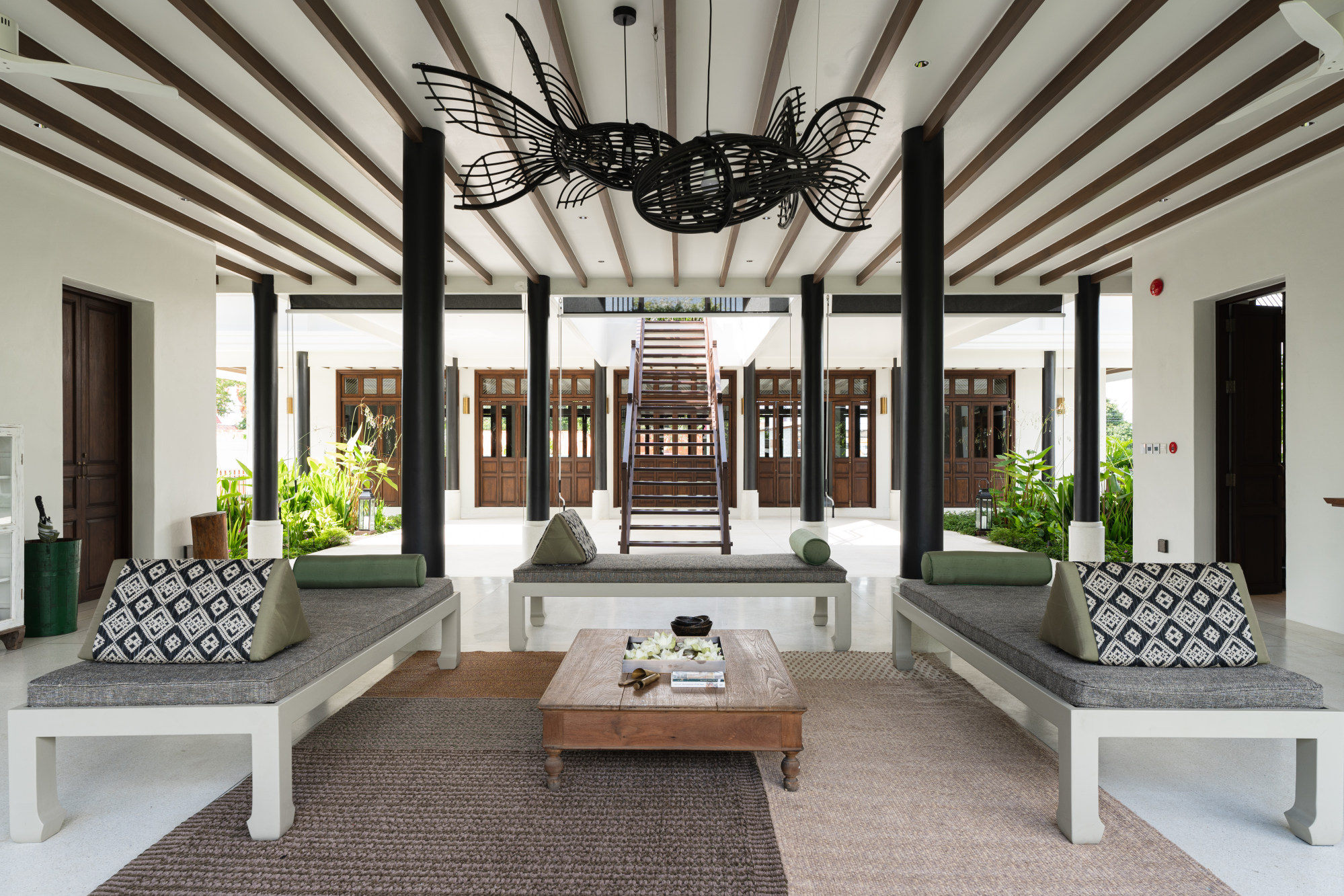
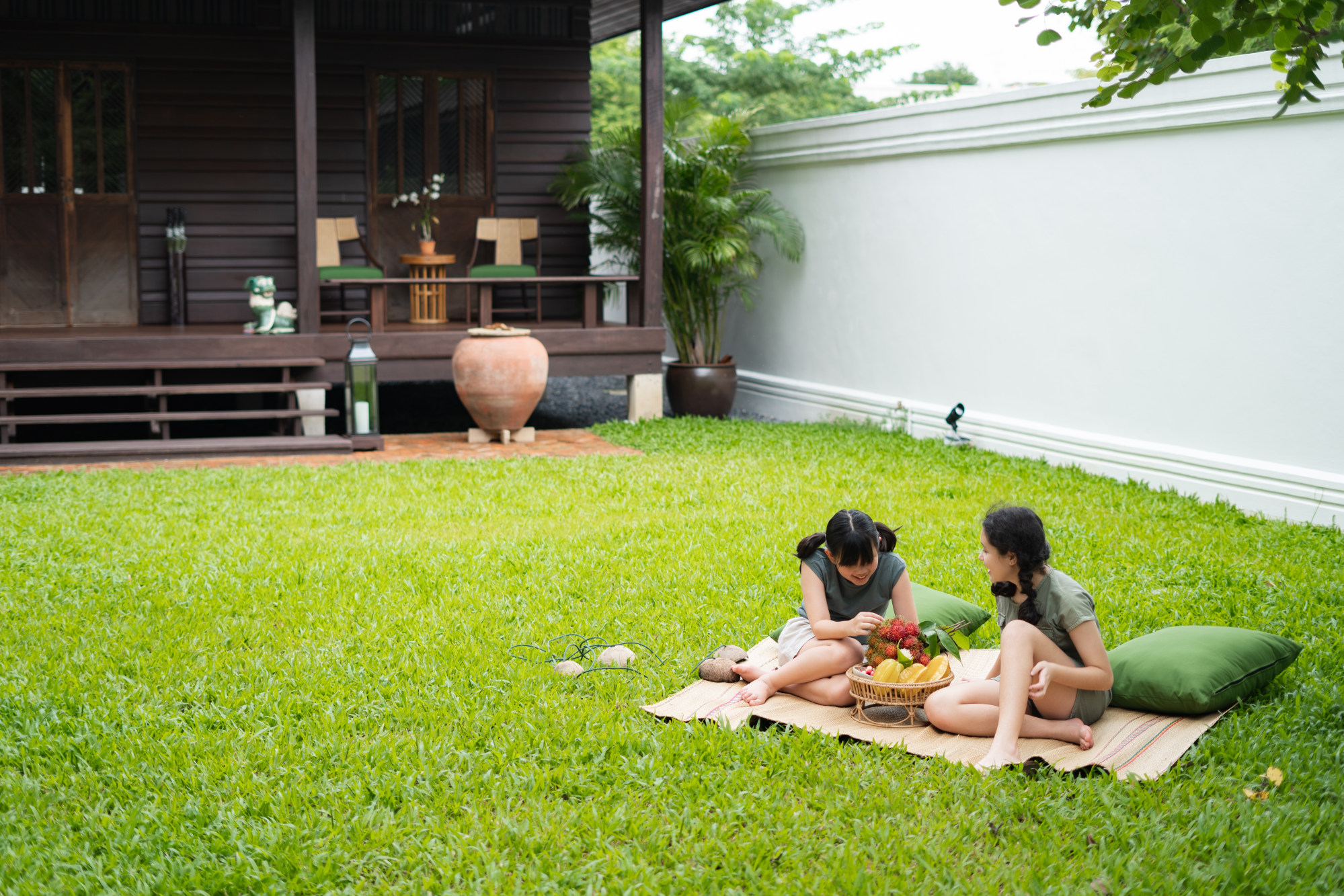
“When we built this, I had my family in mind,” Go says. “Filipinos love to travel in large, multi-generational groups. When we had our own children, what we looked for in accommodation changed too. Instead of beautiful art and stylish rooms, I thought ‘Oh, we don’t want those because my kids will destroy them’. Life changes.
“We also want travel to be a learning experience, not just staying at nice places and eating good food. We organise canal tours, dining events and tell the story of where and why we’re there. It’s giving a different perspective to this great city,” she adds.

“I envision our guests will have been to Bangkok before and are looking for something new, and a more meaningful connection to the city.”
Now the villa is up and running, the couple admit that the Herculean task of renovating tested their marriage.
“Both of us have very strong opinions. We are contradictory but complementary,” Arti says.
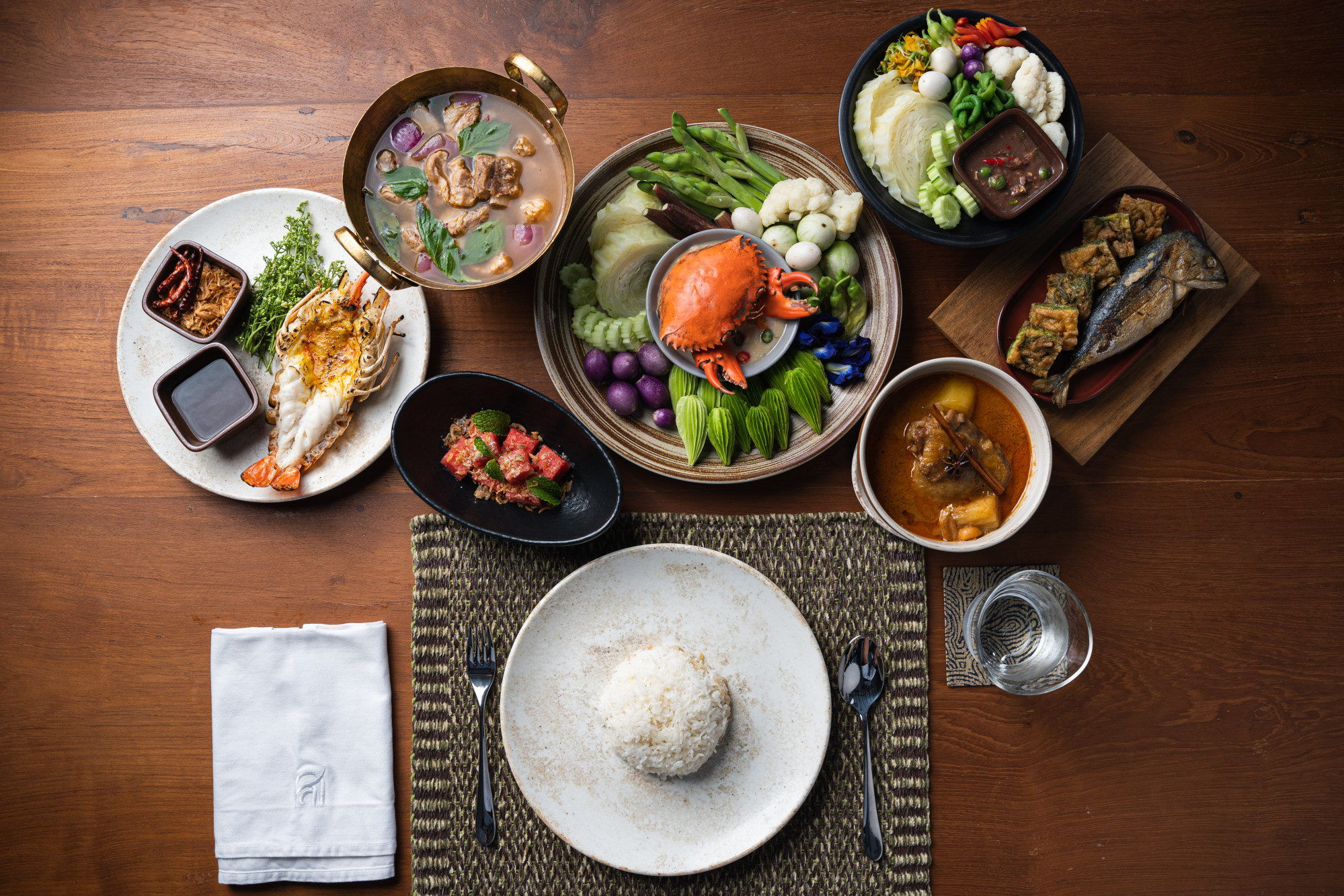
“Irma thinks beyond the practical, to see people’s experience and how they use things. I’m more visual, thinking from ideals and how things should be transcending. The big debate for us is where the middle is – to have a place that inspires and transcends yet is a home to get comfortable in.
“In the end, this is a thoughtful house with both points of view.”
“They say the test of every marriage is when you have a child or buy a house. Siri Sala was like combining purchasing a house with birthing a child at the same time,” Go jokes.
“I told our interior designer Nicoletta she didn’t just decorate Siri Sala, she saved our marriage.”

